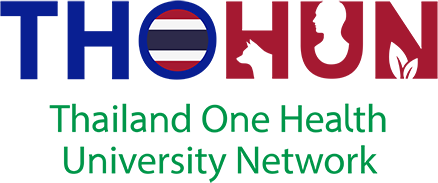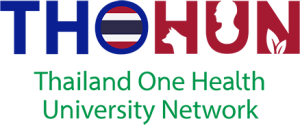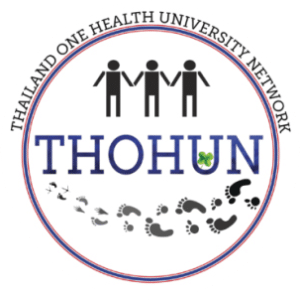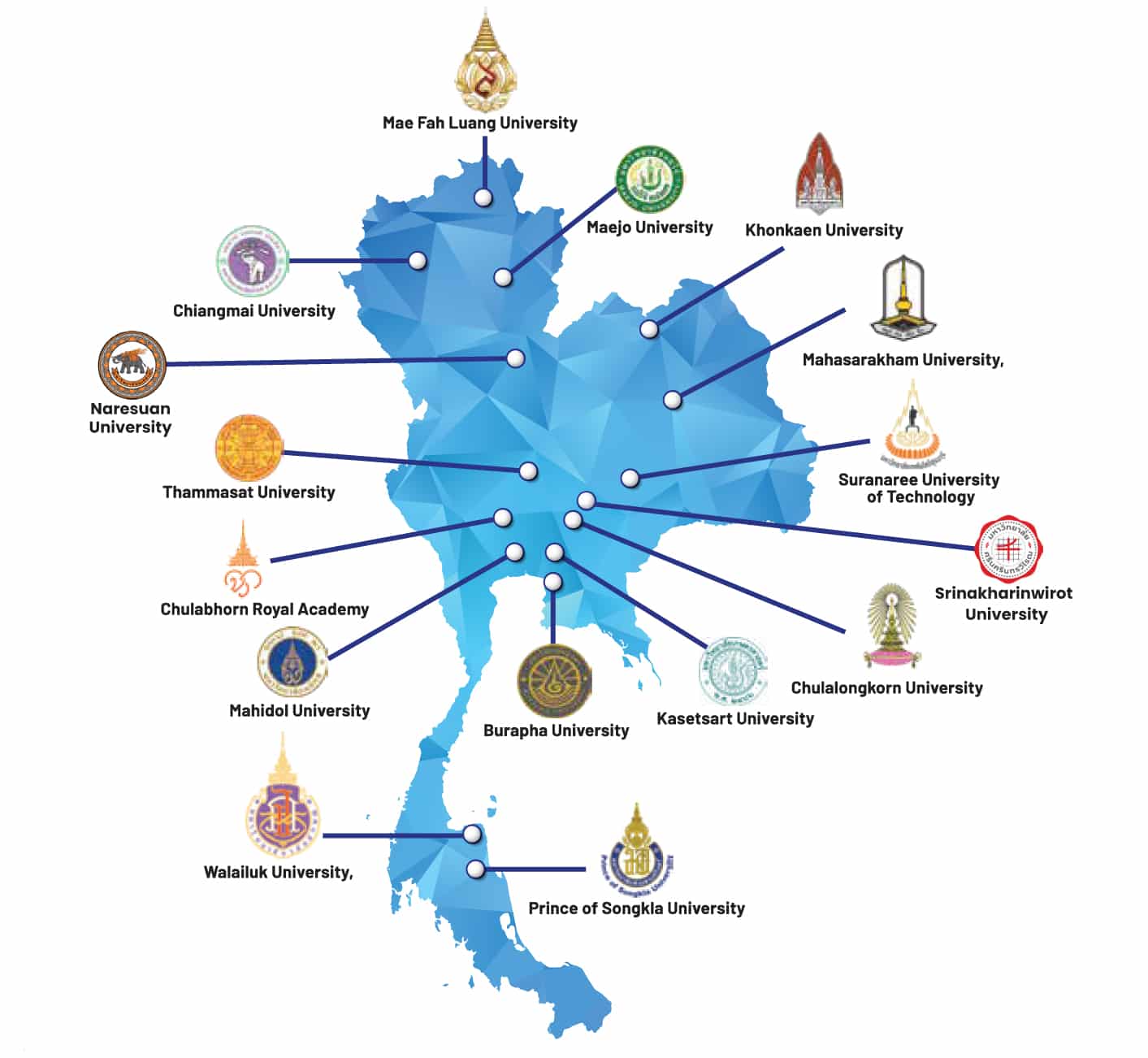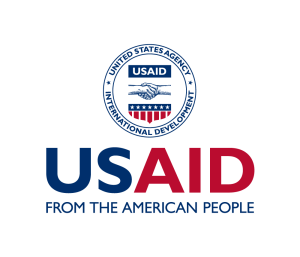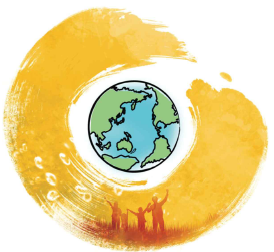CAPABILITY STATEMENT
The Thailand One Health University Network (THOHUN) is the leading One Health network in Thailand, dedicated to the development of the One Health Workforce for the enhanced prevention, detection, control and response to emerging infectious diseases and health threats in Thailand and the region.
KEY ACHIEVEMENTS

Student education
Supported training of 486 students, ensuring next generation of professionals from medical sciences, public health, veterinary medicine, environmental science, and other disciplines have the skills, characteristics and mindset to apply the One Health approach at their researches and works.

Student engagement
Established Student One Health Ambassadors for peer to peer training of students and community voluntary-based learning to foster innovation, advocacy, and learning for different types of learners across the country.

New curricula
Developed and strengthened One Health-focused training curricula to enhance the education of professionals, Village Health Volunteers and community members across the country for years to come

Faculty development
Trained One Health trainers and developed a toolkit for planning, design and assessment of competency-based education/training for faculty members.

COVID-19 response
Developed platforms and educational programs for healthcare personnel and VHVs to increase capacity in multisectoral coordination and risk communication, and surveillance, prevention and response of rabies and COVID-19 in Thailand.
